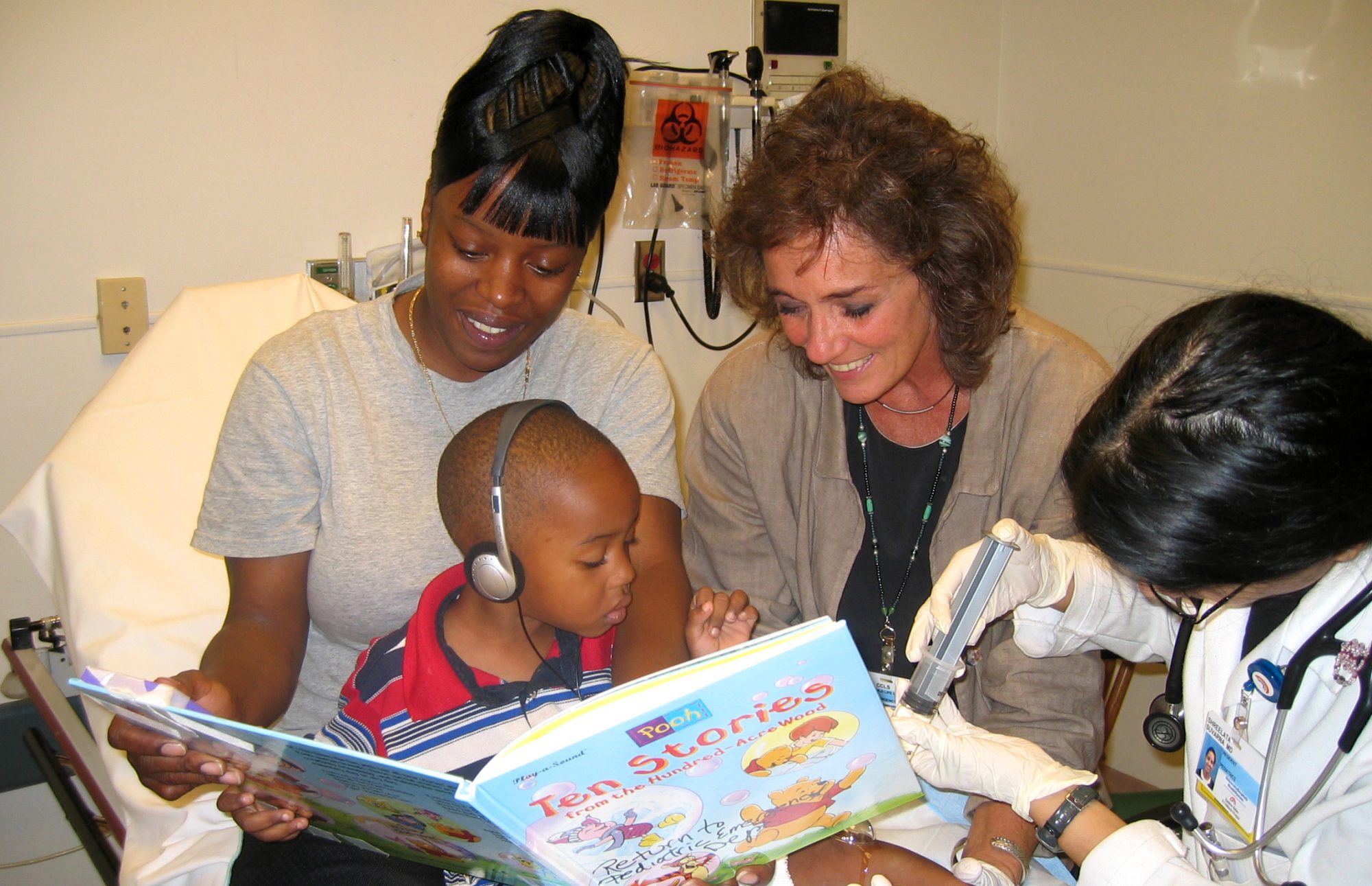 |
 |
Pediatric Emergency Care Coordinator Role
Establishing a Pediatric Emergency Care Coordinator (PECC) is the single most important step for enhancing pediatric emergency care in your emergency department (ED). A survey done in 2013 on the readiness of ED staff to care for pediatric patients found that those emergency departments that had staff designated to coordinate the care of pediatric patients were more ‘pediatric ready’ than those EDs who did not have care coordinators identified.1
Ideally, you will identify both a physician and nursing PECC, who can work collaboratively to address pediatric care concerns. However, creating even one of these roles will go a long way towards improving pediatric care. In addition, a physician assistant or advanced practice registered nurse from your ED might also be considered for these roles.
The main requirement for someone interested in this role is simply having some passion around improving pediatric emergency care in your ED. While having some “expertise” in pediatric care is always great, it is not an initial requirement for this role. We will provide resources for the PECC to enable him/her to gain the required expertise and provide your ED the necessary leadership to improve pediatric care.
Most ill and injured children are taken for care to the closest ED in their community. Consequently, it is critical that all EDs have the appropriate resources and staff to provide effective pediatric emergency care. The National Pediatric Readiness Project is a multi-phase quality improvement initiative to ensure that all U.S. EDs have the essential guidelines and resources in place to provide effective emergency care to children. It consists of a partnership between the federal Emergency Medical Services for Children (EMSC) Program, the American Academy of Pediatrics (AAP), the American College of Emergency Physicians (ACEP), and the Emergency Nurses Association (ENA). The PECC roles in this MACEP website are adapted from the National Pediatric Readiness Project. For more information, visit the Pediatric Readiness Website [use link below]
1 Gausche-Hill M, et al. A national assessment of pediatric readiness of emergency departments. JAMA Pediatr. 2015;169:527-534.
Physician Pediatric Emergency Care Coordinator (PECC) Role Description*:
PURPOSE:
The Institute of Medicine (IOM) made a recommendation in 2006 for regionalized systems of care and further recommended that hospitals and EMS systems appoint qualified coordinators for pediatric emergency care. EDs that have these positions tend to be more prepared, as measured by compliance with guidelines on the care of children in the ED published jointly by the American College of Emergency Physicians, the American Academy of Pediatrics and the Emergency Nurses Association.
QUALIFICATIONS:
- May be any physician or physician assistant (PA) on the ED staff.
- Has a specific interest in providing leadership to ED staff to enhance pediatric emergency care delivery.
- Maintains competency in pediatric emergency care.
- Is committed to spending time (at least 4 hours/month) to work in the PECC role. Specific time commitment to be determined in discussion with ED leadership.
POTENTIAL RESPONSIBILITIES (to be determined through discussion with ED leadership):
- Promote adequate skill and knowledge of ED clinical staff in the emergency care and resuscitation of infants and children.
- Serve as a resource for ED staff when questions arise related to pediatric care.
- Establish educational programs/ training for clinical staff.
- Create pediatric quality improvement and/or patient improvement initiatives.
- Focus on pediatric patient safety.
- Review and if needed, improve equipment, supplies and medications related to pediatric care.
- Establish pediatric injury and illness prevention initiatives.
- Work collaboratively with the nursing PECC to improve pediatric care.
- With the nursing PECC, serve as liaison to appropriate in-hospital and out of- hospital pediatric care committees and other providers of pediatric care in the community.
- Interact collaboratively with EMS personnel to enhance pediatric care.
- Create or improve in hospital pediatric disaster preparedness.
- Be the point person to communicate with the MACEP Pediatric Emergency Medicine Section.
* a physician assistant or advanced practice registered nurse from your ED might also be considered for this role.
Nursing Pediatric Emergency Care Coordinator (PECC) Role Description*:
PURPOSE:
The Institute of Medicine (IOM) made a recommendation in 2006 for regionalized systems of care and further recommended that hospitals and EMS systems appoint qualified coordinators for pediatric emergency care. EDs that have these positions tend to be more prepared, as measured by compliance with guidelines on the care of children in the ED published jointly by the American College of Emergency Physicians, the American Academy of Pediatrics and the Emergency Nurses Association.
QUALIFICATIONS:
- May be any nurse (RN) on the ED staff.
- Has a specific interest in providing leadership to ED staff to enhance pediatric emergency care delivery.
- Maintains competency in pediatric emergency care.
- Is committed to spending time (at least 4 hours/month) to work in the PECC role. Specific time commitment to be determined in discussion with ED leadership.
POTENTIAL RESPONSIBILITIES (to be determined through discussion with ED leadership):
- Promote adequate skill and knowledge of ED clinical staff in the emergency care and resuscitation of infants and children.
- Serve as a resource for ED staff when questions arise related to pediatric care.
- Establish educational programs/ training for clinical staff.
- Create pediatric quality improvement and/or patient improvement initiatives.
- Focus on pediatric patient safety.
- Review and if needed, improve equipment, supplies and medications related to pediatric care.
- Establish pediatric injury and illness prevention initiatives.
- Work collaboratively with the physician/PA PECC to improve pediatric care.
- With the physician/ PA PECC, serve as liaison to appropriate in-hospital and out of- hospital pediatric care committees and other providers of pediatric care in the community.
- Interact collaboratively with EMS personnel to enhance pediatric care.
- Create or improve in hospital pediatric disaster preparedness.
- Be the point person to communicate with the MACEP Pediatric Emergency Medicine Section.
* a physician assistant or advanced practice registered nurse from your ED might also be considered for this role.
